An Escape Fire for Healthcare
Noreta Family Medicine
FEBRUARY 12, 2025
An Escape Fire for Healthcare I recently watched a film, called “ Escape Fire: The Fight to Rescue American Healthcare, ” a 2012 documentary about how the priorities in the US healthcare system are focused on increasing revenue, instead of on goals that improve health, like preventive care. minutes long.

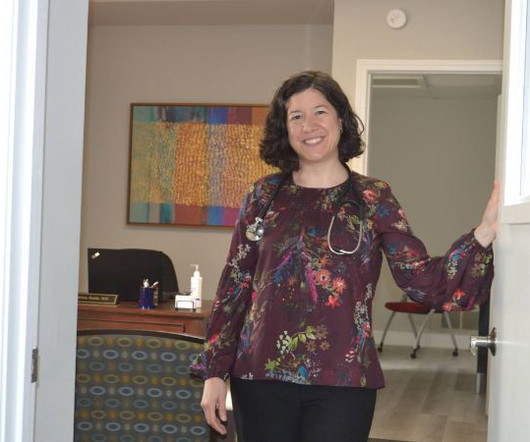

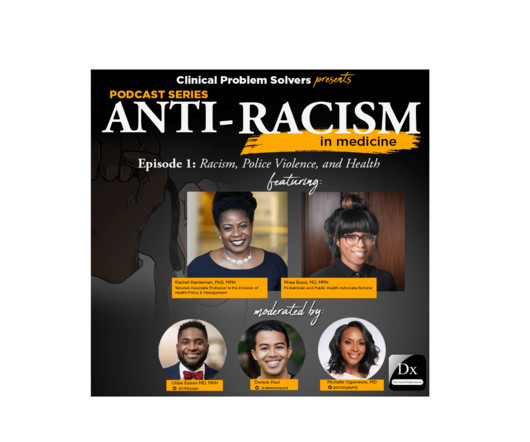

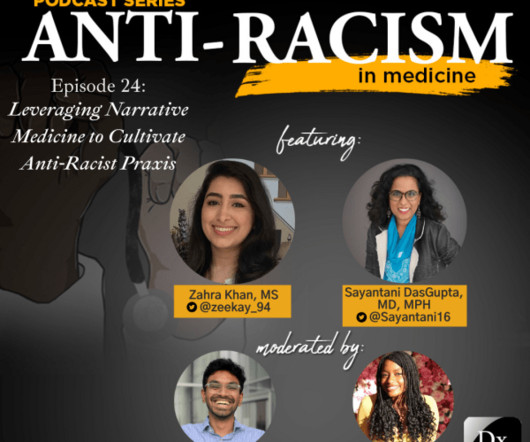

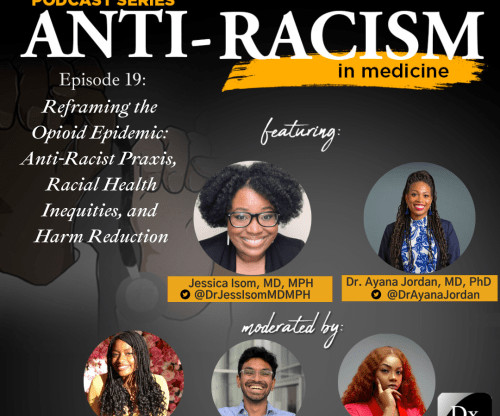


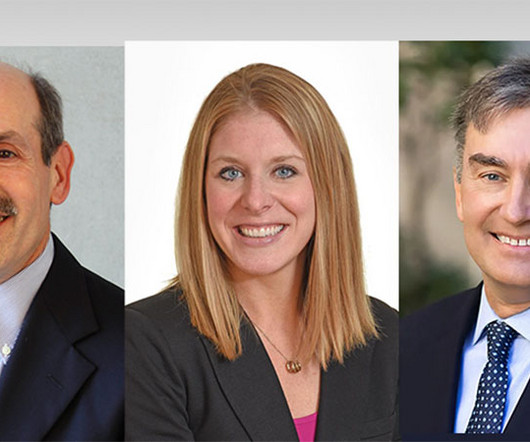




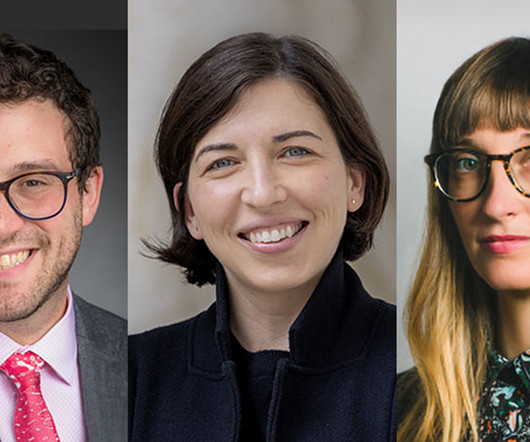



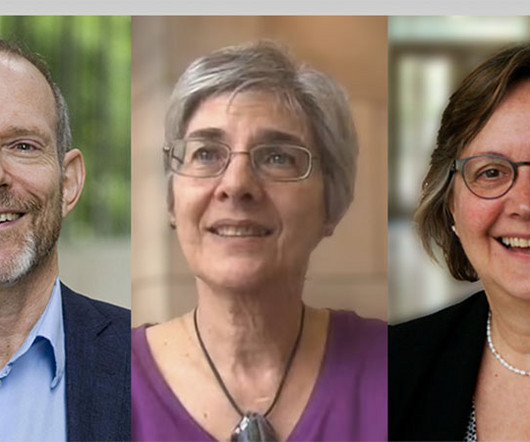
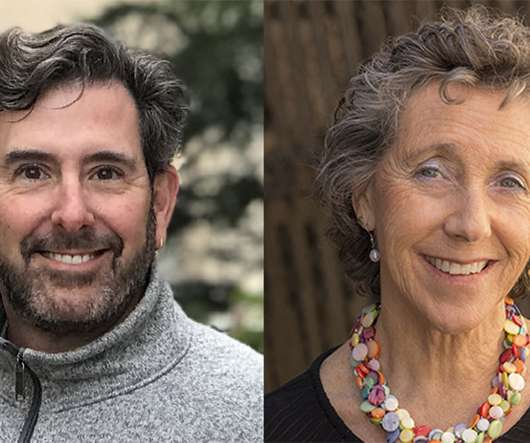








Let's personalize your content